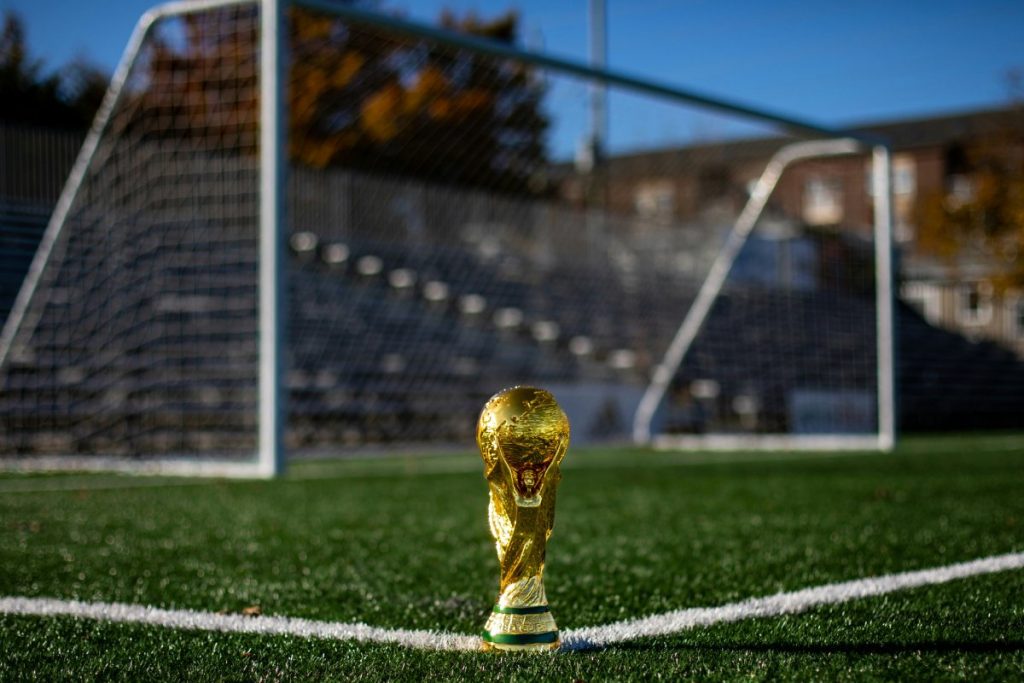The 2026 FIFA World Cup is expected to attract a large number of corporate group travelers, leaving individual tourists out of the picture. According to tour operators at the IPW travel trade show in Los Angeles, the tournament has become more of a corporate event rather than a public one, with big corporations buying up ticket blocks to distribute to their clients and customers. The cost of hospitality packages for the World Cup has become too high for regular customers to afford, resulting in a focus on high-performing employees who are rewarded with tickets by their companies.
Tour operators who specialize in serving corporate groups are expected to do well during the World Cup, as they will likely receive business from big corporations looking to organize trips for their employees. However, tour operators who do not cater to this specific market may face financial pressure as their costs increase and profits drop, particularly for non-sports tours and packages. Global events like the World Cup can also lead to travel inflation, with local partners raising their prices in response to the increased demand from tourists.
The World Cup could potentially crowd out tourists in various U.S. destinations, as the tournament will span nearly 40 days and take place in 11 cities across the country. This may pose challenges for tour operators trying to accommodate their usual clients who are not interested in the World Cup. Additionally, there is a concern that hotels in these cities may raise their prices to capitalize on the influx of visitors, potentially making it difficult for other types of travelers to find affordable accommodations.
Some tour operators are feeling the pressure of the World Cup as they try to navigate the changing landscape of tourism during the event. While those specializing in corporate group travel are expected to benefit, others may struggle to maintain profits amidst rising costs and competition. It will be important for destinations hosting the World Cup to strike a balance between accommodating tournament attendees and continuing to attract other types of tourists in order to ensure a successful and sustainable tourism industry. Ultimately, the 2026 FIFA World Cup is expected to bring significant changes to the travel industry, particularly for tour operators who will need to adapt to new market trends and challenges.


